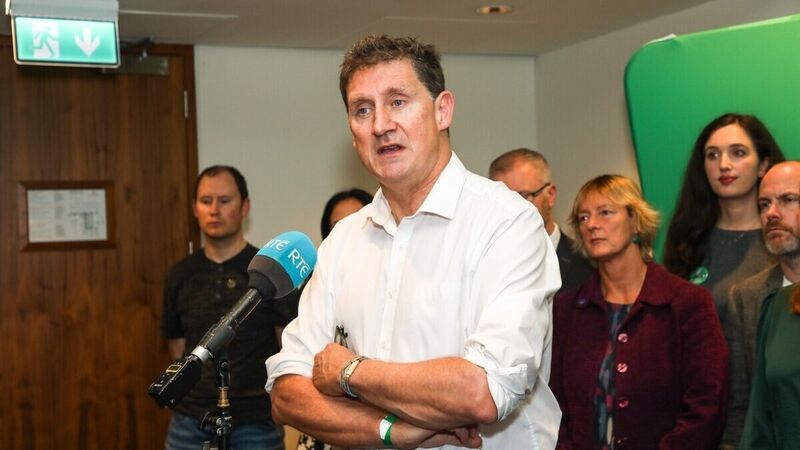Eamon Ryan criticised for spending €40m more on first energy credit scheme than necessary

In a letter to the Oireachtas Environment Committee, Energy Minister Eamon Ryan says he is proposing to 'withhold funding from low-usage electricity households, potentially saving up to €40m'. Picture: Green Party
The Energy Minister has been criticised for spending €40m more on the first energy credit scheme than was necessary by including low-usage households such as vacant houses and holiday homes.
The renewed credit scheme — announced in October's budget — will go directly to 2.2m households over the winter.














